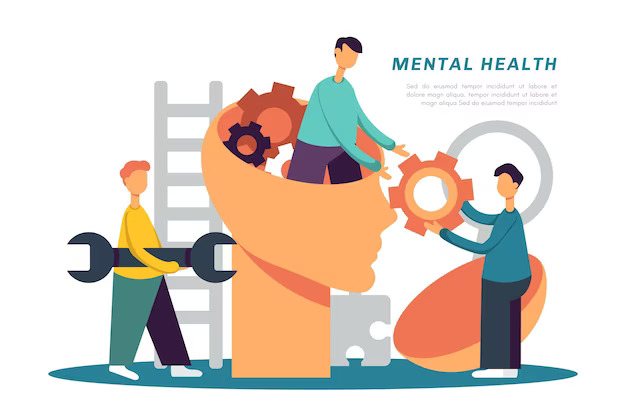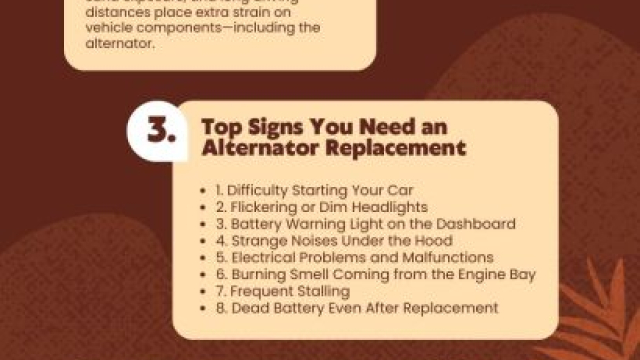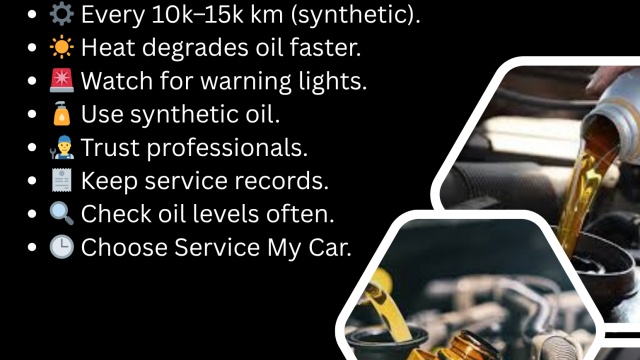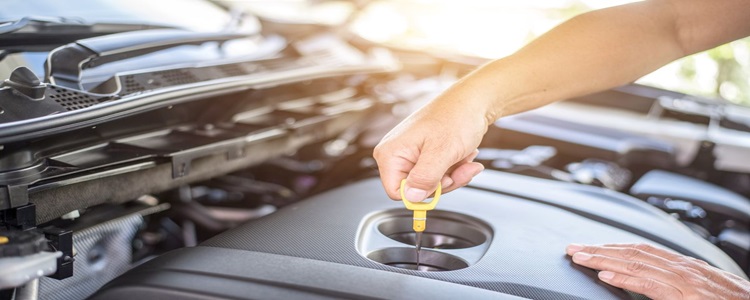It’s 9 a.m. on a bustling weekday morning at Seven Coffee Roasters Coupon Roasters Market & Cafe in the Ravenna neighborhood of Seattle, and people are lining up for their caffeine fix.
It’s a small, quaint neighborhood establishment, where the baristas know the names and orders of regular customers when they walk in the door. But unlike other coffee shops that send customers merrily on their way clutching polyethylene-lined paper cups emblazoned with their logo, the majority of customers at Seven are doing something different: bringing their own mugs and containers.
The idea of bringing your own mug or tumbler isn’t new or radical, but Seven is approaching the sustainability of single-use food and beverage packaging in a different way. While most coffee shops will offer discounts to those who bring their own mug, Seven is separating the cost of the drink from the cost of the packaging, pricing their compostable, disposable cups at 10 cents each.
Just like grocery stores charge extra for paper bags, the surcharge encourages customers to make permanent changes to their behavior. As I sit with my mug of steaming mocha and survey the growing line, I see multiple people with colorful HydroFlasks and even one person holding a Luke’s Diner mug, a nod to the infamous coffee shop on Gilmore Girls.
The change has even allowed them to create a fund dedicated to creating a greener community and is part of a larger mission to become Seattle’s first zero waste cafe, a goal Seven is well on their way to achieving.
Since the cafe began tracking their waste output in January, it has reported that 48% of customers are bringing in their own cups and diverted 95% of its waste from landfills. In order for a business to be considered “zero waste,” at least 90% of their waste must be diverted from landfills and incinerators.
Retail manager
Seri Ann Thompson explained that simple changes like a new waste sorting station, eliminating cling wrap and creating a greener condiment bar using refillable sugar containers and compostable stirrers made a large impact on reducing waste. The cafe also requested that food vendors, like Honest Biscuits and Macrina, send pastries in reusable plastic bins in an exchange program to completely eliminate packaging waste.
Even the beans from Seven’s roastery are sent to the store in bulk plastic bins, and customers are encouraged to use provided mason jars to fill up on beans to go instead of using the traditional wax-coated paper bags, which are not recyclable or compostable.
And while many regular customers are choosing to bring their own mugs or tumblers, there are of course times when people forget. And Seven Coffee has a solution for that too: a Little Mug Library.
The concept of a Little Mug Library is much like the Little Free Libraries you see around neighborhoods: customers can borrow donated travel mugs from a library, use them for their coffee, and return to the dirty dish bin upon their next visit to a participating coffee shop. Workers will clean the mugs before returning them to the nearby library.
Founder Jen Vickers started the project in 2019 after making a resolution to say no to to-go cups by either bringing her own cup or consuming her drink at the cafe.
“The challenge
that I have found with myself and other people is that your convenience trumps your environmental responsibility,” said Vickers. “What I am trying to do with Little Mug Library is make it as low-barrier as possible to make an environmentally friendly choice.”
All of the travel mugs and tumblers use by Little Mug Library have been donated to the cause, making it a grassroots effort to change consumer behavior. So far, Little Mug Libraries can be found at Seven and at Maple Leaf’s Cloud City Coffee, but Vickers is hoping to expand the program throughout Seattle to reduce single-cup pollution among coffee lovers and inspire people to make small changes to lessen their environmental impact.
“We need to change our mindset that ‘disposable’ means something should be throw away,” wrote Vickers. “As we’re learning, there is no ‘away.’ Combating climate change and trash pollution means small changes by everyone, including using reusable cups.”
The idea of bringing your own mug or tumbler isn’t new or radical, but Seven is approaching the sustainability of single-use food and beverage packaging in a different way. While most coffee shops will offer discounts to those who bring their own mug, Seven is separating the cost of the drink from the cost of the packaging, pricing their compostable, disposable cups at 10 cents each.
Just like grocery stores charge extra for paper bags, the surcharge encourages customers to make permanent changes to their behavior. As I sit with my mug of steaming mocha and survey the growing line, I see multiple people with colorful HydroFlasks and even one person holding a Luke’s Diner mug, a nod to the infamous coffee shop on Gilmore Girls.
Needs to Improve: The restaurant was either close by Public Health – Seattle & King County within the last year or the restaurant needed multiple return inspections to fix food safety practices.
Okay: The restaurant has had MANY red critical violations over the last four inspections.
Good: The restaurant has had SOME red critical violations over the last four inspections.
Excellent: The restaurant has had No or Few red critical violations over the last four inspections.
All restaurants that are open have met the minimum standards to be operating.
According to the health department, a restaurant’s rating is based on three main components: trend of food safety practices over time, scale of performance, and rating on a curve. The health department believes a curve system provides the most accurate information on a restaurant’s performance. so consumers can compare a restaurant’s safety performance to other restaurants within the same zip code or area.
If you have a question about restaurant food ratings, you can email KIRO 7 here.




